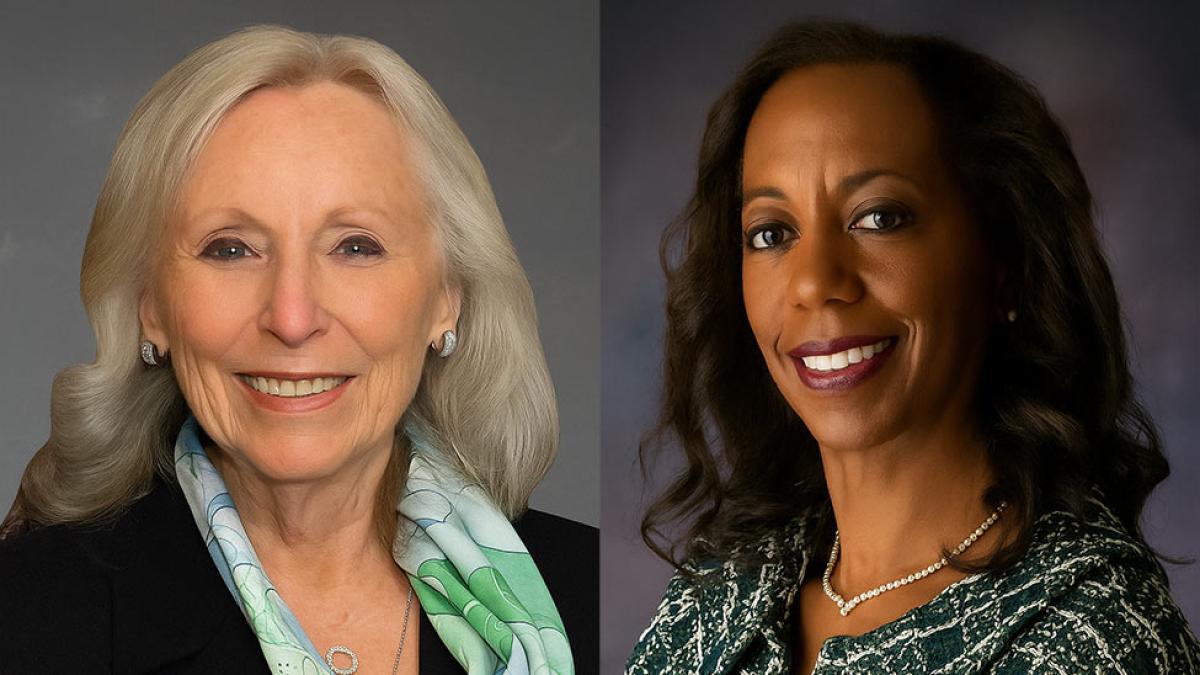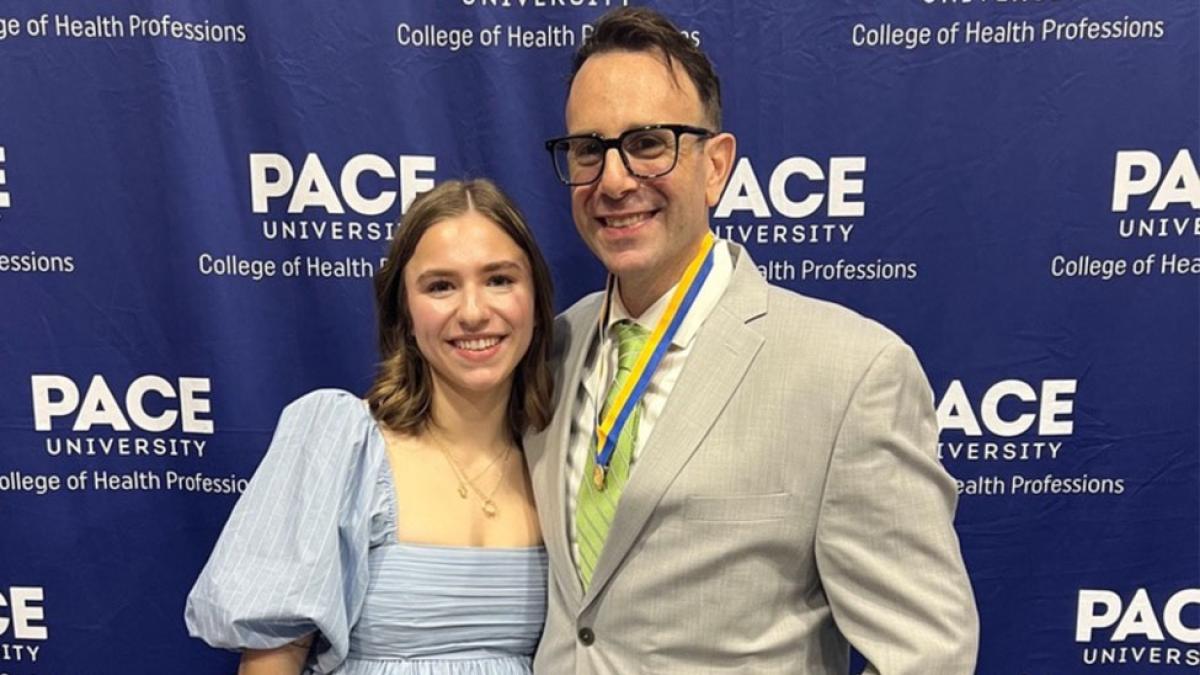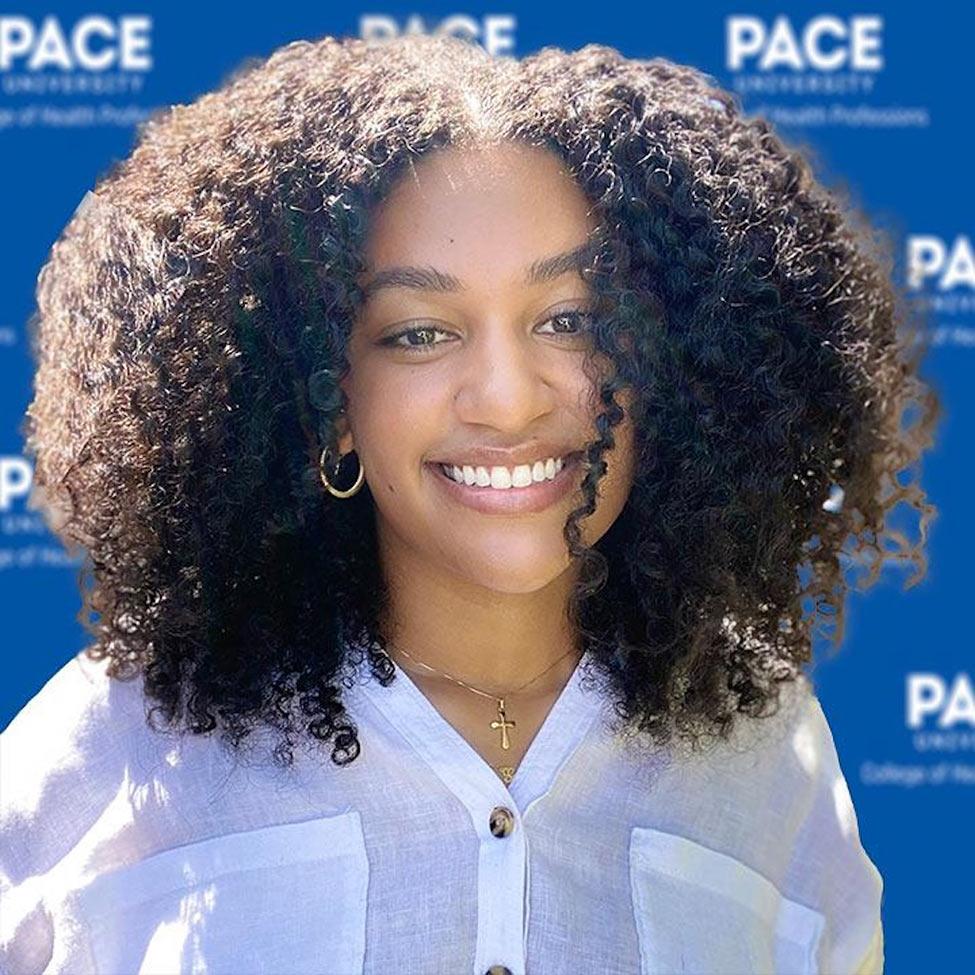
Unprecedented Times Call for Unprecedented Leaders
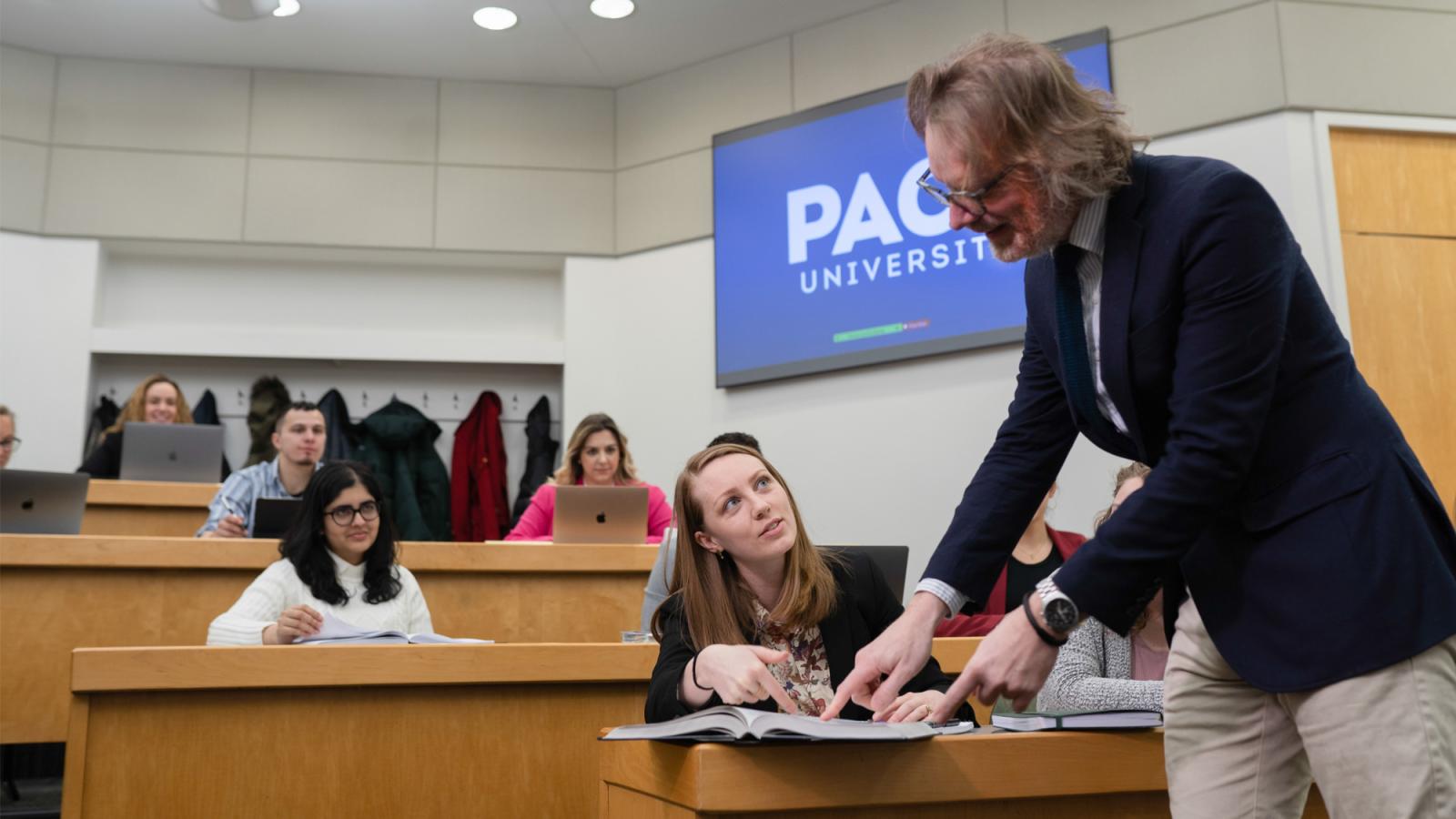
The world is changing—fast. From global economies to civic institutions, today’s landscape is evolving in ways few could have predicted a generation ago. But with that change comes possibility. We are living in a moment that calls not just for professionals, but for bold thinkers, compassionate problem-solvers, and resilient leaders ready to build a better future.
At Pace University, nationally ranked programs in law, public administration, and nursing are doing more than preparing students for jobs. They’re cultivating the minds and values of those who will shape their fields—and the world—with conscience and conviction.
In classrooms, clinics, and community partnerships, students are learning to lead through complexity and to meet the future with clarity and purpose.
Across these programs, Pace faculty are helping students explore pressing challenges—from protecting democratic systems to advancing health equity—and showing what it takes to thrive as leaders in a world that’s still being written.
How Nursing Goes Beyond Symptoms
Few professions embody the pressures of these times more clearly than nursing. During the global COVID-19 pandemic, nurses weren’t just present at the front lines—they were holding the line, often without clear guidance, adequate protection, or a path forward.

That experience reshaped the future of the profession. Today, nursing is undergoing what Gabrielle Ranger-Murdock, DNP, PMHNP-BC, assistant professor and specialty track coordinator for the psychiatric mental health nurse practitioner program, describes as a fundamental shift. “We’re facing our own reckoning and rebuilding of what healthcare looks like and feels like,” said Ranger-Murdock. “For ourselves, and also for our patients.”
Ranger-Murdock, a doctor of nursing practice and board-certified psychiatric nurse practitioner specializing in reproductive psychiatry and women’s mental health, has seen how the pandemic surfaced long-standing issues: nurse burnout, structural inequities, and the growing demands of a more informed patient population.
“The pandemic brought forward nurse burnout. It raised the question: are we protected and cared for in our work?” she said. “And then we’re also reckoning with our patients, who are now more aware of what they deserve, what they should have access to—and what they don’t have access to, sometimes because of limitations within the healthcare field itself.”
We’re facing our own reckoning and rebuilding of what healthcare looks like and feels like.
—Ranger-Murdock
At the Lienhard School of Nursing within Pace’s College of Health Professions, nursing students are being prepared not only to meet these challenges, but to lead conversations around how care is delivered. That includes developing fluency in an increasingly important concept: cultural competence.
Cultural competence, at its core, is about taking more than what’s on the chart into consideration, understanding that symptoms are just part of a more comprehensive personal story. This practice goes beyond diagnoses and influences how healthcare professionals connect with their patients.
“Cultural competence is something we’ve talked about for a long time,” Ranger-Murdock explains. “We’ve come to adjust what that means. Now, it’s more about self-awareness, looking within. What are your own biases? How might they impact your ability to provide the best care possible?”
This shift toward a mindset of lifelong learning and reflection is central to how Ranger-Murdock teaches. It also reflects how nursing at Pace is evolving to meet today’s complex realities. “It’s really shifting to cultural humility, and being committed to ongoing learning,” she said. “You’re never going to stop learning as a nurse. Never.”
You’re never going to stop learning as a nurse. Never.
—Ranger-Murdock
Ranger-Murdock encourages her students to go beyond clinical prowess and to lead with curiosity and respect, considering the full range of identities and lived experiences they may encounter across race, gender, family structure, and immigration status. “How are you positioning yourself in curiosity, in listening, and in grounding yourself to make sure you’re centering the patient in their care always?” Ranger-Murdock said. “Meeting the patient where they are, always.”
Just as nurses must adapt to the evolving needs of patients, the Leinhard School of Nursing is constantly adapting to meet the needs of nursing students. "We’re undertaking a thoughtful curriculum revamp," Ranger-Murdock explains. "By expanding our program requirements—such as increasing clinical hours to 760 and enhancing simulation experiences—we’re deepening students’ skills and broadening their exposure to diverse patient populations, not just to meet the needs of today’s healthcare landscape, but to anticipate tomorrow’s."
The point is not just to train nurses to administer care but to lead and advocate, for fellow healthcare professionals and their patients alike, regardless of where they are in their career. “We’re really asking our students: how do we cultivate leadership at every level?” Ranger-Murdock said. “How can their skills be honed to foster the compassion and empathy that drives leadership in nursing?”
For Ranger-Murdock, that journey begins with self-reflection and a mindset rooted in openness—qualities that become even more essential in a healthcare field full of new challenges and possibilities.
Where Policy and Purpose Meet
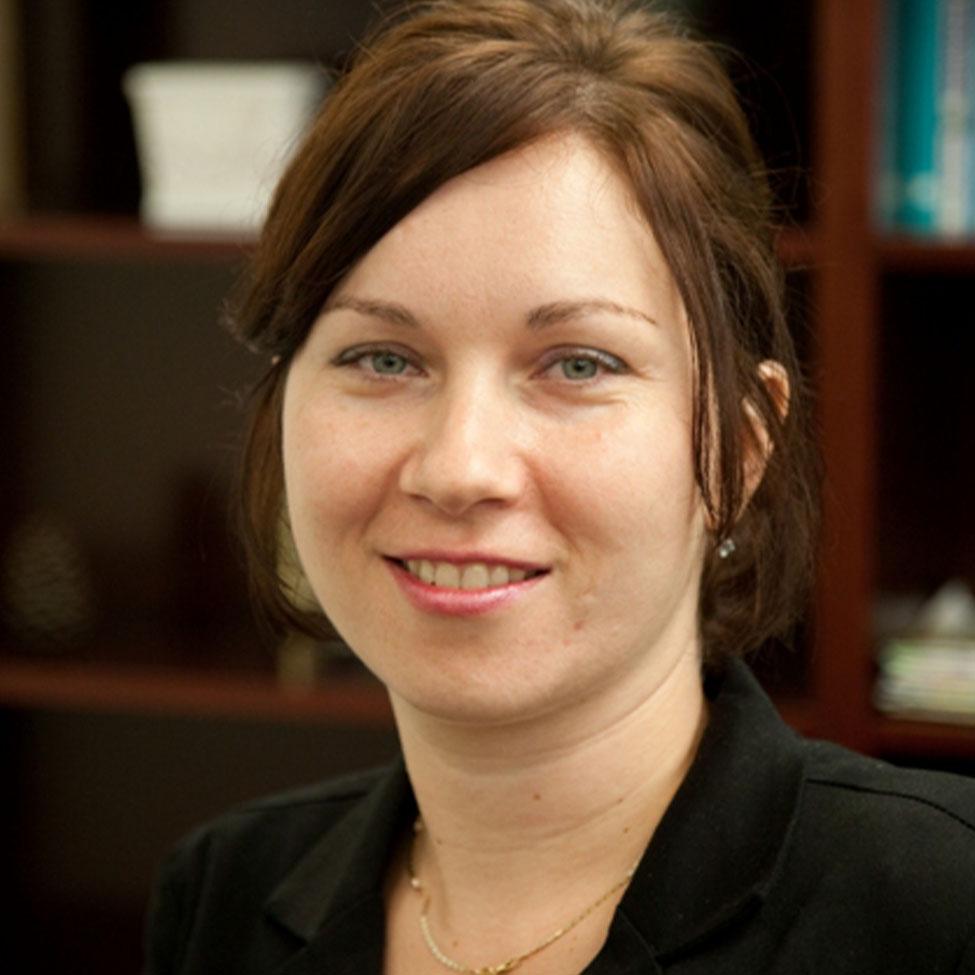
Behind every frontline response is a system—funding it, staffing it, and making it work. Public administration is where those systems are built, managed, and reimagined. Today’s public leaders must navigate a shifting landscape. The challenge for students pursuing careers in public service comes down to balancing innovation with integrity.
“Some of the challenges of public administration are traditional and long-standing,” said Gina Scutelnicu-Todoran, PhD, Dyson professor and department chair of the public administration program. “Such as balancing economic efficiency with democratic values such as transparency, accountability, and fairness.”
At Pace, the Master of Public Administration (MPA) program helps students meet those challenges with a mix of analytics and insight. NASPAA-accredited and nationally ranked, the program prepares students to lead across government, nonprofit, and healthcare sectors. “We go beyond just training managers,” Scutelnicu-Todoran said. “We want to build leaders.”
Public administrators are uniquely positioned to bridge the gap between time-tested organizational structures and the transformative potential of emerging tools like generative artificial intelligence (AI). At Pace, students aren’t just reacting to how AI is reshaping their daily lives—they’re preparing to harness its power to improve the very systems they aim to lead, using innovation as a catalyst for meaningful, future-ready change. “Our students need to know how to use AI effectively, but also how to recognize its limits,” Scutelnicu-Todoran explained. “It can’t replace the ability to interpret, evaluate, and make sound decisions.”
We go beyond just training managers. We want to build leaders.
—Scutelnicu-Todoran
Through community-engaged research, paid partnerships, and applied policy projects, MPA students learn to serve the public interest while navigating real-world complexities. Leadership development is paired with training in ethics, communication, and civic engagement, skills that are increasingly urgent in an era of polarization and misinformation. “Civic education, civic engagement, community engagement—these are more necessary today than they’ve ever been,” Scutelnicu-Todoran said.
Students are also encouraged to think globally. The department is working to reintroduce international learning opportunities, particularly in emerging democracies, to help students develop a broader perspective on governance and accountability. According to Scutelnicu-Todoran, “Leadership in a global context brings a new set of challenges.”
There is no better time to get a degree in public service.
—Scutelnicu-Todoran
Whether in local government or international nonprofits, recent Pace MPA graduates are working at the Federal Reserve, the Environmental Defense Fund, and other major institutions. Their careers span public affairs, strategic planning, healthcare policy, and more.
In a time of rapid change and new possibilities, public administrators who can adapt with confidence and lead with integrity are more essential than ever. “There is no better time to get a degree in public service,” says Scutelnicu-Todoran. “This is when you can really make a difference.”
The Rule of Law in Unruly Times
The legal system is the backbone of any functioning democracy, and today’s lawyers are stepping into a profession where the stakes are nothing less than constitutional.
This is not an ordinary moment for the legal profession. Lawyers are navigating attacks on judicial independence, executive overreach, and increasing attempts to politicize the law itself. At Pace’s Elisabeth Haub School of Law, students are preparing to lead not only with legal expertise, but with ethical clarity and civic purpose.
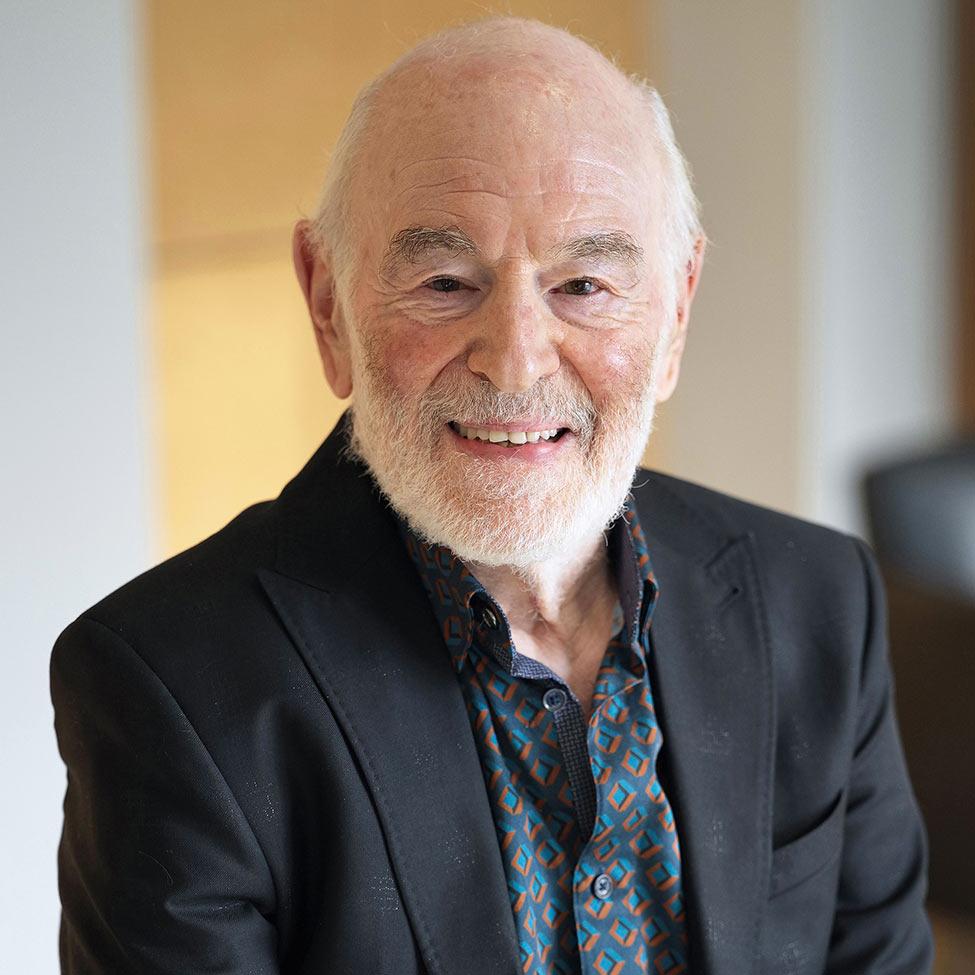
“I want my students to realize how precarious our democracy is today—how precarious the rule of law is,” said Professor Bennett L. Gershman, JD, who has taught at Haub Law since its founding in 1976. “And I want them to realize that as lawyers, they have a solemn duty. They take an oath to uphold the rule of law.”
That duty is a constant thread in Haub Law’s curriculum. The school is nationally recognized for its environmental law and public interest programs, but across all focus areas, students are trained to think critically about their responsibility within and to the legal system. Real-world experience begins early, through clinics and externships that take students into courtrooms and community advocacy settings.
“We have an immigration justice clinic—it’s been quite robust, especially under the late Vanessa Merton, and it remains strong today,” Gershman said. “Many of our students want to go into immigration representation.”
The challenges facing new lawyers aren’t just technical, but systemic. Faculty at Haub Law have responded by creating spaces for students to explore the legal and ethical dimensions of today’s political climate, such as a recent event called Lawyers, Law Schools, and the Rule of Law in Unprecedented Times. At this event, faculty provided a forum for an open conversation on the pressures facing students not just as future lawyers and judges, but also as people navigating the world.
Law is consequential. It shapes society
—Gershman
“The rule of law relies on separation of powers and checks and balances,” said Professor Lissa Griffin, JD, who teaches professional responsibility. “The first thing for everyone to think about is: Is the Constitution and is the rule of law being protected?”
Griffin and her colleagues spoke about recent attacks on the judiciary, the politicization of the Department of Justice, and unprecedented executive actions affecting lawyers’ rights and independence. “If lawyer independence is threatened, that’s very serious,” Griffin said. “We were concerned that it was so unprecedented, and worried students were maybe thinking this is just the current version of politics.” The concern faculty held was that students without the benefits of experience may think these attacks are just part of the natural swinging of the political pendulum. “We wanted to get across just how really extraordinary this time is.”
For Gershman, the challenge goes beyond politics and is about centering the law as a moral and civic tool. He urges his students to reflect on why they want to practice law, and what kind of professionals they hope to be. “Law is consequential. It shapes society,” Gershman said. “Lawyers have been enablers of tyranny and champions against it.”
We wanted to get across just how really extraordinary this time is.
—Griffin
Both professors agree: leadership in law today means knowing the rules, defending the system, and staying grounded in ethics, even when the system itself is under stress.
“We train students to be competent and ethical,” Gershman said. “If I do that, I’ve done my job.”
Braced For Change, Prepared to Lead
Across every field, the next generation of leaders will face questions that don’t have easy answers. These pressures are especially felt by college students who are reckoning not just with what they want to do, but who they hope to become.
They’ll be asked to solve problems they didn’t create and navigate the ripple effects of laws and technologies shaped by earlier decisions. At Pace, expert faculty help students do more than meet these challenges—they prepare them to lead with insight and confidence. By fostering critical thinking, compassion, and a deep sense of ethical responsibility, these educators empower students to shape a future that is not only more thoughtful, but profoundly better.
More from Pace Magazine
Pace University welcomes two new Board of Trustees members—Barbara A. Abeles, a global manufacturing executive and longtime education philanthropist, and Sabrina A. Griffin ’92, an alumna and corporate diversity leader—whose shared commitment to opportunity, leadership, and student success will help shape the future of the University.
From inspiring words by Etsy CEO Josh Silverman to powerful reflections from alumni, community leaders, and first-generation grads, Pace University's two-day Commencement celebration was a moving tribute to resilience, integrity, and the promise of Opportunitas. Meet the voices who lit up the stage—and the futures they’re helping to shape.
Not everyone gets to say they went to college with their dad—and helped inspire his second act. Discover how Sofia Speranza ’27 and her father Frank found their calling in nursing, together.
